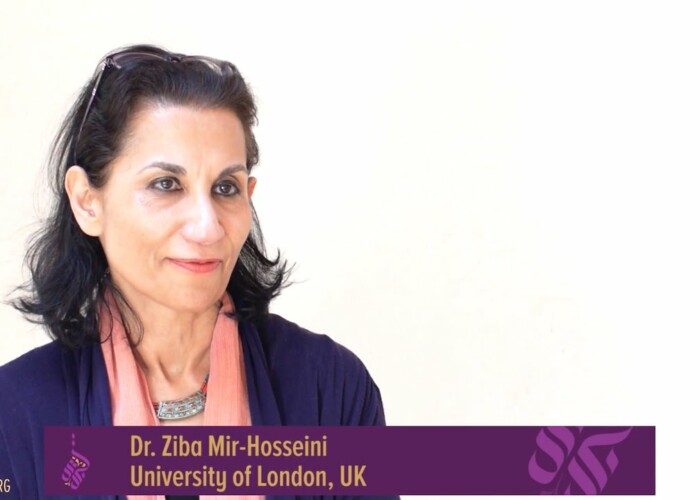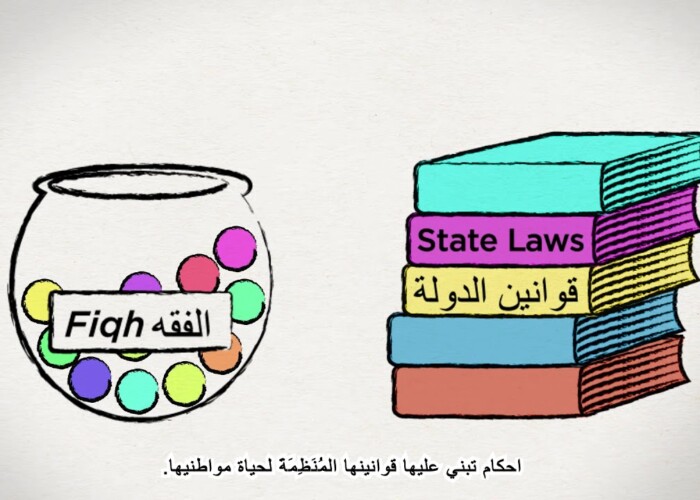At Musawah, we are dedicated to advancing women’s rights from within the Islamic tradition. We believe in the power of knowledge and the importance of community for successful and transformative activism. In this section, you will find resources, tools, and information to aid you in establishing ‘adl (justice) and ihsan (beauty) wherever you are in the world.
Uncovering Voices, Building Equality
In our Knowledge Building work, we strive to break down complex concepts into understandable language. We want everyone, regardless of their familiarity with these topics, to feel at home here. Let’s embark on a journey together.
Feminism and Rights-Based Perspectives
We apply feminist and rights-based lenses to explore and seek justice within the Muslim legal tradition. We aim to uncover the voices of women that have long been silenced in the creation of religious knowledge and reflect their concerns and interests in law and policy-making. Let one of our founding members, Ziba Mir-Hosseini explain what exactly we mean by “Islamic feminism”.

Navigating the Muslim Legal Tradition
We take a critical feminist perspective while working from within the Muslim legal tradition. We draw on two key distinctions: Shari‘ah and fiqh, ‘ibadat (ritual/spiritual acts) and mu‘amalat (social/contractual acts). These distinctions provide us with the language and tools to advocate for gender equality within the tradition.

Knowledge Sharing for All
We believe that knowledge should be accessible to everyone. Our approach is participatory, recognizing various forms of expertise and starting from real-life contexts rather than abstract texts. This ensures that our knowledge is grounded in the lived experiences of women and men, guiding our approach to critical questions.
Our Objective: Reclaiming Women's Voices
Our primary goal is to reintroduce women’s concerns and voices into the processes of religious knowledge production and law-making. This is part of a broader effort to democratize the production of knowledge within Islam and assert the authority to interpret sacred texts.
Two fundamental queries drive our work:
Why Gender Inequality in Muslim Legal Tradition?
If justice and equality are core Islamic values, why have women been marginalized in Muslim legal tradition and societies for so long?
Reflecting Equality in Muslim Family Laws
In a modern world where equality is recognized as a cornerstone of justice, how can we reflect it in Muslim family laws?
Explore Our Resources
Our Knowledge Building Tools and Resources page is an easy way for you to find what interests you. Discover articles, videos, and more that shed light on crucial topics.
Subscribe and Stay Updated
Join us in our journey to promote justice and equality in Muslim families. Together, we work for the advancement of human rights for women in Muslim contexts, in both their public and private lives. The time for equality and justice is now!
